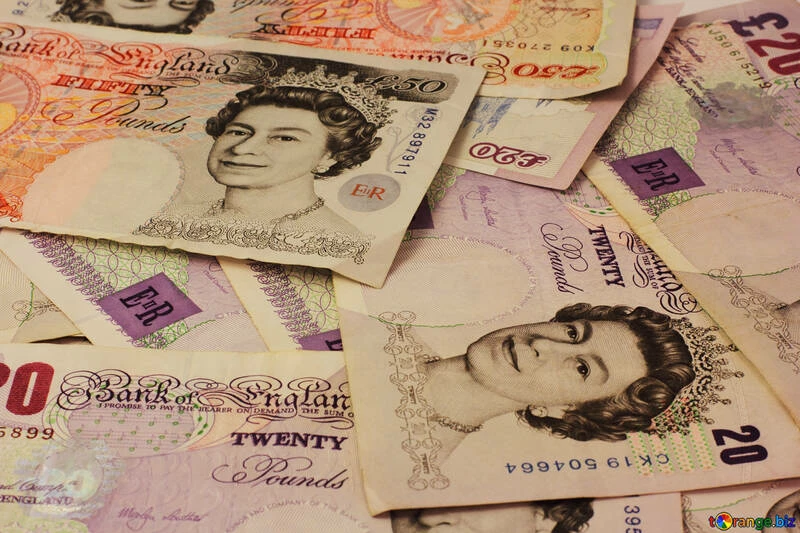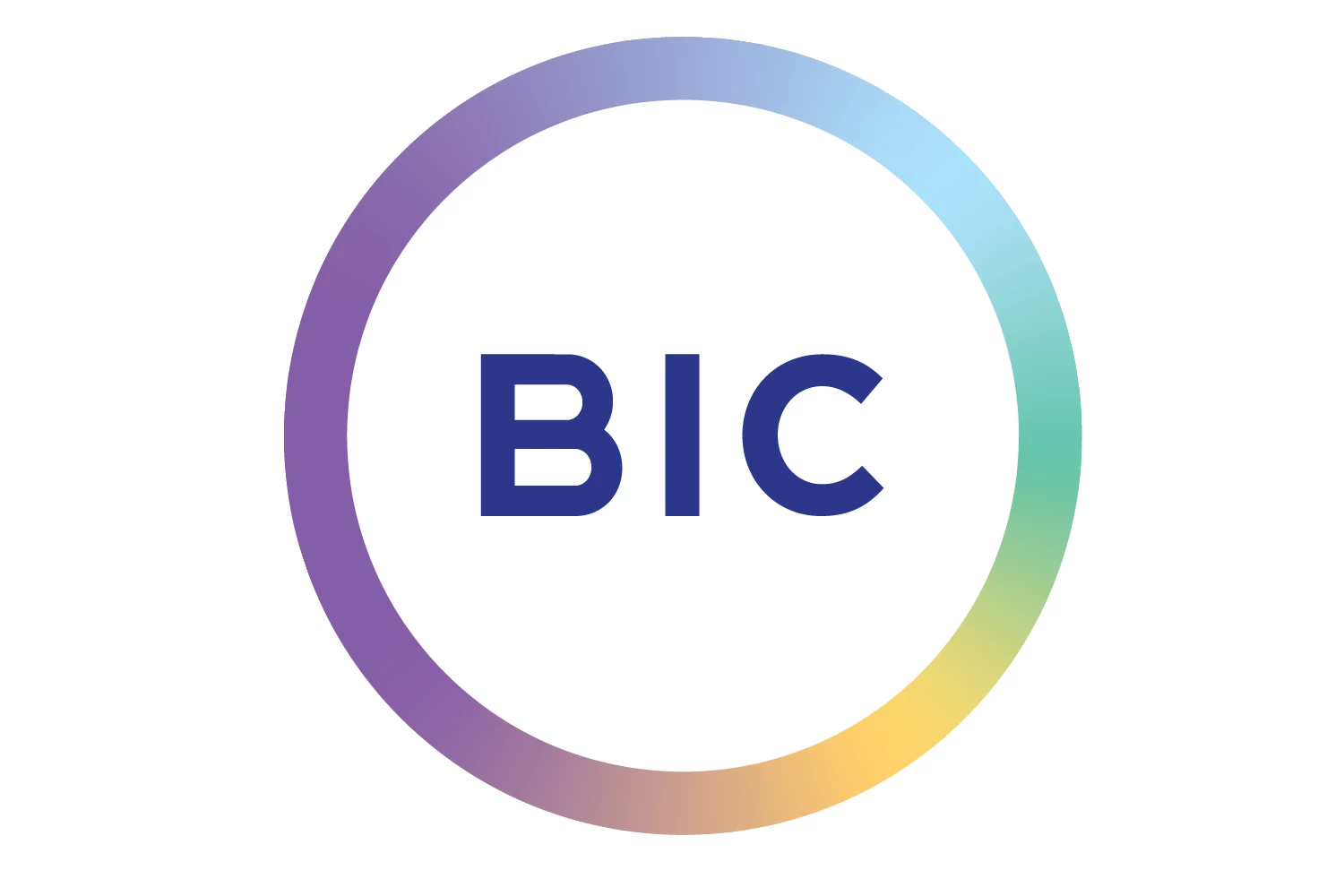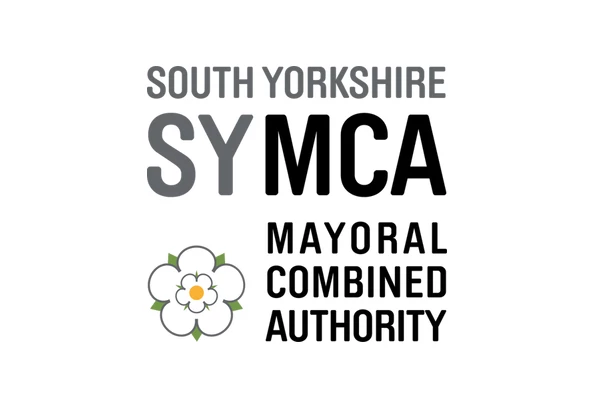
Analysts call ONS figures "unnerving" as GDP takes a 20.4% hit in April
The National Office of Statistics has reported today that GDP saw the biggest fall since records began in April due to the effects of lockdown.
GDP dropped by 20.4 per cent in April, a decline three times more than was seen in the recession of 2008.
The office said that the fall was equivalent to approximately £30bn in gross value added.
The country’s GDP had dropped by 5.8 per cent in March, when lockdown was first enforced, but April suffered the effects of being the first full month in lockdown.
April also saw the output of services industries fall by 19 per cent, again the largest monthly fall since records began in January 1997.
The worst affected industries included air transport, travel agencies, food and beverage services, motor repairs and accommodation.
The office said: “The economy has experienced a significant shock since the start of the coronavirus (COVID-19) pandemic; GDP has fallen dramatically, with record broad-based falls in output for production, services and construction.
“Analysis of our Monthly Business Survey (MBS) returns and external data, including comments from over 15,000 businesses, has shown that the coronavirus (COVID-19) had a significant and wide-ranging negative impact on output during April 2020.
“April 2020 has experienced sharper falls than March as the negative impacts of social distancing and “lockdown” have led to a significant fall in consumer demand and business and factory closures, as well as supply chain disruptions.”
What do the experts think?
Mariano Mamertino, senior EMEA economist at LinkedIn, commented: “Today’s figures are an unnerving read.
“This week we have seen companies big and small announce redundancies, as businesses have had to consider their employees’ futures beyond the end of the furlough scheme support from government.
“As well as the emotional strain this will put on many families, rising unemployment can bring an adverse effect on consumer confidence and spending power.
“While hiring in the UK is showing signs of improvement, it will take years for employment numbers to recover and this is likely to continue to have a drag on GDP figures.”
Suren Thiru, head of economics at BCC, said: “With a monthly fall in UK GDP over thirty times the average month on month decline during the global financial crisis, the economic impact of coronavirus has been put into sharp relief.
“With lockdown restrictions gradually easing and shops beginning to reopen, April is likely to prove to be the low point for the UK economy.
“However, any prospect of a ‘V-shaped’ recovery remains unlikely, with many sectors continuing to operate at reduced capacity.
“Some firms, including those in our hospitality, leisure and tourism industries, may remain closed for some time and will require flexible and open-ended government support to weather the economic storm.
“Over the coming months, further action will be needed to limit the long-term economic damage and kickstart a recovery, including close gaps in government support and providing incentives to help stimulate consumer demand and business investment.
“Establishing air bridges between countries with low infection rates would provide a much-needed boost to key parts of the UK economy.”
Russ Mould, investment director at AJ Bell, added: “Investors are not stupid, they know April was arguably the height of the lockdown.
“The unprecedented nature of the fall in economic activity just mirrored the unprecedented act of effectively shutting down a modern economy.
“Rightly the focus is on the shape and timing of any recovery and simmering concerns about a second wave in the pandemic are far more relevant than just how terrible backward-facing data will look.”



 How advancements in technology are shaping the future of the economy in North East England
How advancements in technology are shaping the future of the economy in North East England
 South Yorkshire Craftsmanship and Innovation: A Tale of Heritage and Growth
South Yorkshire Craftsmanship and Innovation: A Tale of Heritage and Growth
 Demystifying Degree Apprenticeships
Demystifying Degree Apprenticeships
 Industry-focused apprenticeships pave the way for a bright future in science manufacturing
Industry-focused apprenticeships pave the way for a bright future in science manufacturing
 What’s the best hosting plan for a business website?
What’s the best hosting plan for a business website?